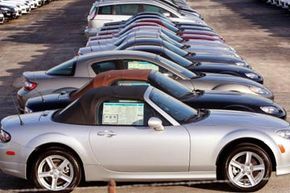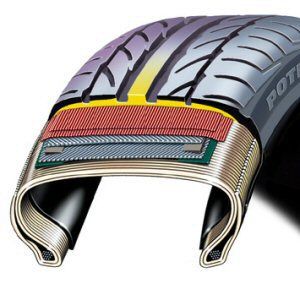Some things in life have the good fortune of getting better -- and therefore more expensive -- with age. Wine is a classic example. A good bottle set aside from anywhere between 15 to 50 years can produce a great-tasting vintage, one for which wine enthusiasts typically pay good money. A painting may not change too much if it's kept in decent condition, but views on its aesthetic qualities may shift over time; if they're favorable, having invested in a certain artist can prove profitable for a collector.
Most other things, however, experience an unfortunate decrease in value after they're purchased. There are several reasons for this, including age, wear and tear or even market conditions. A furniture set you purchased for your living room may look great for several years and serve its purpose for a while. But if you're moving to a new place and maybe looking to upgrade to a bigger set, you most likely will be selling your used furniture for less than you bought it. Scrapes, bumps and stains further decrease the set's value.
Advertisement
This decrease is known as depreciation, and it's a word that causes most new car buyers to shudder. Unless a car is a rare or classic model that often end up going for hundreds of thousands or even millions of dollars at an auction, the majority of vehicles on the road depreciate, no matter what the owner of the car does.
There are a lot of things you have to consider when buying a new or used car -- the costs of gas, car maintenance, taxes and insurance are just a few of them. But another important thing to keep in mind when thinking about purchasing a car is car depreciation. In this article we'll learn why cars depreciate, how much you can expect cars to depreciate (in general) and what to look out for when buying a new or used car.
Advertisement


